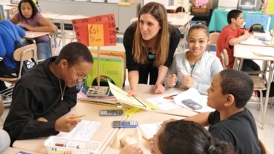“We shall require a substantially new manner of thinking if mankind is to survive.” ~Albert Einstein

If you turn on the news, the human species seems to be at a crisis point. Poverty, racism, political division, ecological destruction, social instability and other seemingly “unsolvable” problems appear to be getting worse. And yet, when walking in a forest or looking up at the night sky there is a sense that we live in a Universe of great balance, mystery and beauty.
The wise among our species have repeatedly offered very simple solutions to humanity’s difficulties. Walt Whitman and Van Gogh were overwhelmed by the beauty that surrounds us, and sought to share that in their poetry and paintings. The Dalai Lama has often said that we just need to prioritise peace, gratitude, love and wisdom. That the human family’s problems are caused by closed hearts and minds, and will be solved as more and more of us open them. Could it be that simple?
“If there is love, there is hope to have real families, real brotherhood, real equanimity, real peace. If the love within your mind is lost, if you continue to see other beings as enemies, then no matter how much knowledge or education you have, no matter how much material progress is made, only suffering and confusion will ensue.” ~Dalai LamaThe Dalai Lama’s advice aligns with what Jesus taught, what Charlie Chaplin spoke of in the 1930s (see video below) as Hitler’s popularity was rising in Germany. At that time, both Chaplin and Einstein stressed our need for more compassion, imagination and kindness, less of an emphasis on technology, materialism and knowledge.
They believed that humanity’s problems stem from a lack of love rooted in a crisis of thinking, the dominant world view of warrior civilizations that promote fear, aggression and attention to problems instead of gratitude, love and attention to creative solutions.
The sad truth is that modern people see the world in simplistic ways, much as our ancestors did 2000 years ago. Our secular institutions (media, government, education) train us to categorise and compartmentalise reality, to focus on differences, rather than relationships and connections.
We seem to see life as a struggle, identifying ourselves (and others) by race, religion, nationality, political affiliation, gender, sexual preference (gay/straight), education level and/or career status. We separate the world in our minds, setting ourselves into constant battle with each other.
The recent election in the United States shows how such thinking can feed polarisation, anger and conflict. These distinctions and comparisons keep us boxed in “us vs. them” narratives of nationalism, racism, elitism and identity politics. This feeds a perpetual warrior mentality, political conflict, militarism, a sense of competition, fear and division.

To become wiser as a species, Einstein believed that we need to develop a broader and deeper sense of identity, one that focuses on our relationship with the Universe (and one another) rather than cultural differences. He encouraged us to transcend our human identifications (of race, politics, gender, nationality, religion), focusing on our connection to the Cosmos and the planet. Understanding ourselves to be Earth residents, children of Nature (or God) and the Universe, points us in the right direction. He said:
“A human being is a part of the whole called by us universe, a part limited in time and space. He experiences himself, his thoughts and feeling as something separated from the rest, a kind of optical delusion of his consciousness. This delusion is a kind of prison for us, restricting us to our personal desires and to affection for a few persons nearest to us. Our task must be to free ourselves from this prison by widening our circle of compassion to embrace all living creatures and the whole of nature in its beauty.”What is missing in mainstream consciousness is an awareness of ourselves as members of the human family, the Universe and the Earth community. We tend to ignore that our cells and bodies are part of the creative history of evolution. That our atoms are part of the history of the Cosmos.
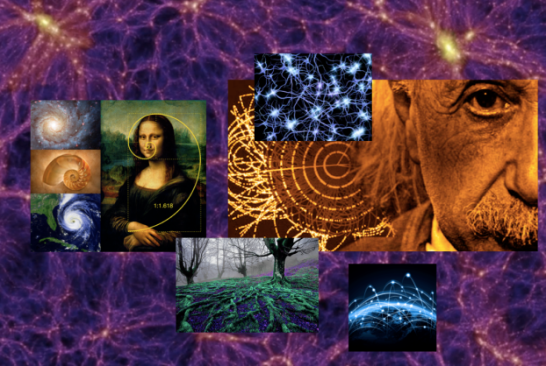
Peace and gratitude arise naturally in our hearts when we take time to celebrate and reflect upon how we are each a part of a much greater whole. Such awareness dawned on a wide scale for humanity during the 1960’s, and we need it to rise again. As Alan Watts expressed:
“If you see yourself in the correct way, you are all as much extraordinary phenomena of nature as trees, clouds, the patterns in running water, the flickering of fire, the arrangement of the stars, and the form of a galaxy. You are all just like that.”
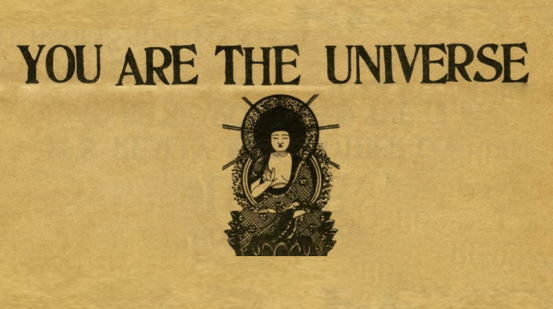
What Einstein, Watts, Gandhi, Martin Luther King Jr., the Dalai Lama and many others believed is that our species has the potential to grow wiser, more creative and loving as a species. We just need to be mindful of our connection to the rest of humanity, to Nature and the Cosmos. We need to be more rooted in a spiritual view, rather than a materialistic one.
Most modern people are so preoccupied with economic status, social ranks and cultural identities that we ignore the Universe that brought us into being, the systems of Nature that we belong to, and that sustain our lives. Because of this we get caught up in petty human dramas, militarism, nationalism, economics and global games of politics.
Our species needs to understand how we are a living part of Nature, to stop us from falling into the deluded thinking patterns and emotional dramas we create. We need to see how our compartmentalised world views create conflict (both inner and outer), limiting our ability to cooperate with those who think differently than we do, suppressing our potential for deeper peace, balance, wisdom, compassion and joy.

Spiritual traditions (together with a more unified vision of science) can help remind us that we belong to the greater community of life. That we live in a creative Universe, and belong to the natural world.
“Who would deny that when I am sipping tea in my tearoom I am swallowing the whole universe with it and that this very moment of my lifting the bowl to my lips is eternity itself transcending time and space?” ― D.T. SuzukiLao Tsu’s Tao Te Ching and the Dharma of the Buddha point in this direction. It’s there in the mystic traditions of Judaism, Christianity, Zen and Islam as well. Abraham Isaac Kook describes this view (below) from the perspective of the Kabbalah and Jewish mysticism:
“An epiphany enables you to sense creation not as something completed, but as constantly becoming, evolving, ascending. This transports you from a place where there is nothing new to a place where there is nothing old, where everything renews itself, where heaven and earth rejoice as at the moment of creation.”Many Indigenous cultures identify daily with the Source of Life, with Nature and the Earth community. This identification is important, understanding the greater whole (and feeling gratitude in their hearts) guides the community with problem-solving and decision making.

Indigenous cultures have practices to help them stay conscious of their Earth identity and responsibility to the planet, as well as human generations into the future. Because of this native cultures have lived more in balance and harmony with the Earth.
“Growth comes with an increasing awareness of and respect for Great Mystery in all people and things, with an awareness that this force of mystery is at work in all events. Growth comes through tolerance for the infinite variety of ways in which Great Spirit, the Infinite,may express itself in this Universe.” ~Ed McGaa, Oglala LakotaCan civilization’s people grow wiser and more aware of our connection to the Earth, more compassionate to other creatures and fellow human beings? We must, because the Earth really is at a crisis point. The struggle now of Native Americans trying to stop an oil pipeline at Standing Rock, is indicative of the challenge we face, as a species. We need to come together and challenge those still caught up in mindsets of fear, materialism and greed. But will be more successful if our efforts are grounded in a different way of thinking, guided by wisdom, gratitude and love.
We need to understand how cultural narratives and scientific paradigms influence our world views. How beliefs shape our thinking, how thoughts influence feelings, how emotions regulate our actions, the way we view problems and experience our lives.
As we grow wiser, and learn to love more deeply, the human community will be in a better position to solve our problems. Because we’ll have identified and corrected (in our hearts and minds) the source of our difficulties, our disconnection with wisdom and love (within us), Nature, Life and the Universe (all around us).
Understanding how rare and beautiful our planet is (and how precious our lives are) can open our hearts, fill us with gratitude, guide our creativity, lead us to new ways of thinking, and more humane ways of being.
By Christopher Chase, December 2016
“Recognize that the very molecules that make up your body, the atoms that construct the molecules, are traceable to the crucibles that were once the centers of high mass stars that exploded their chemically rich guts into the galaxy, enriching pristine gas clouds with the chemistry of life. So that we are all connected to each other biologically, to the earth chemically and to the rest of the universe atomically. That’s kinda cool! That makes me smile and I actually feel quite large at the end of that. It’s not that we are better than the universe, we are part of the universe. We are in the universe and the universe is in us.” ― Neil deGrasse Tyson
“Over the course of the last hundred years, Western scientists have given us a deeper view of the Universe, of Life & Nature as a creative and unified self-organizing process. Unfortunately, most modern societies are still operating with outdated ideas and assumptions, that do not reflect this new paradigm. Albert Einstein understood this, as have many others. In order to survive as a species, it is essential that we shift paradigms, developing ways of thinking (and behaving) that are more aligned with how human life and Nature’s systems actually work.” ~Paradigms are Made for Shifting
“What is needed to launch our societies along the humanistic path is some sort of evolutionary compass. Some way of guiding our efforts so that they are in tune with, aligned with, the general evolutionary processes of which we are a part… So rather than seek to dominate the planet, the quest becomes one of dynamic harmonization, of evolutionary consonance, in short, of syntony. The evolutionary compass, then, would be one that points our way toward syntonious pathways for future creation.” ~Alexander Laszlo
“The greatest revolution of our time is in the way we see the world. The mechanistic paradigm underlying the Industrial Growth Society gives way to the realization that we belong to a living, self-organizing cosmos.” ~Joanna Macy
“You are not IN the universe, you ARE the universe, an intrinsic part of it. Ultimately you are not a person, but a focal point where the universe is becoming conscious of itself. What an amazing miracle.” ~Eckhart Tolle
Source: https://creativesystemsthinking.wordpress.com/2016/12/22/ready-for-a-new-way-of-thinking/

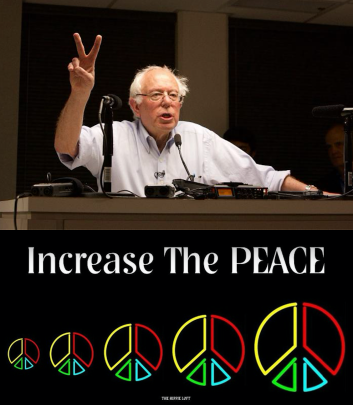
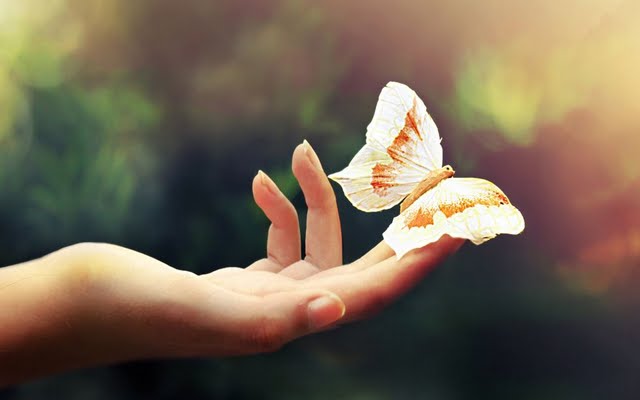

 Meanwhile, across the Atlantic (
Meanwhile, across the Atlantic (
